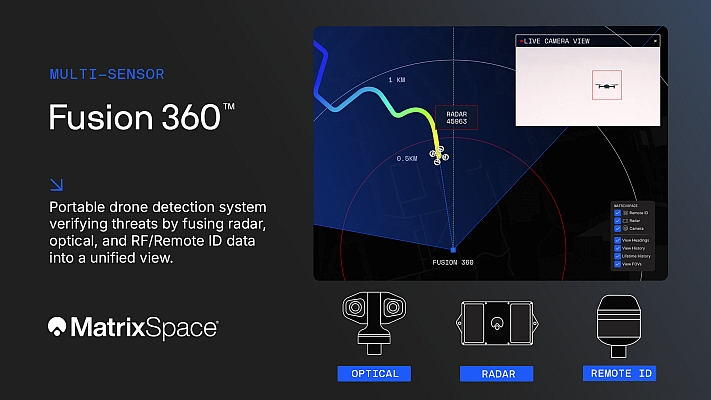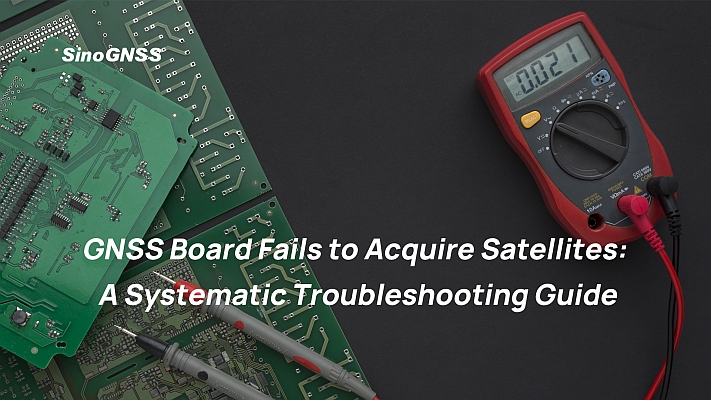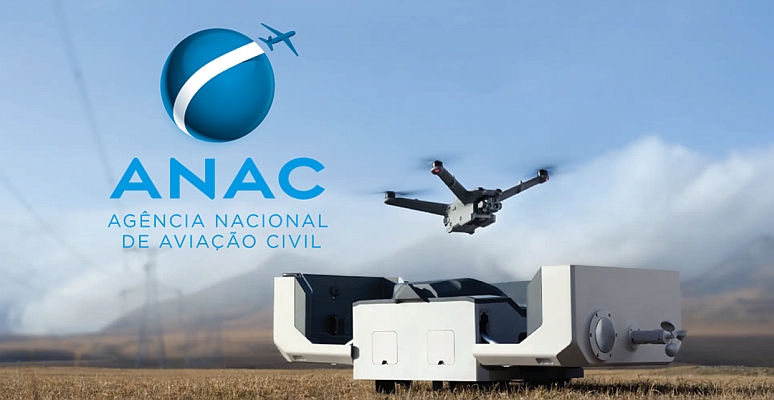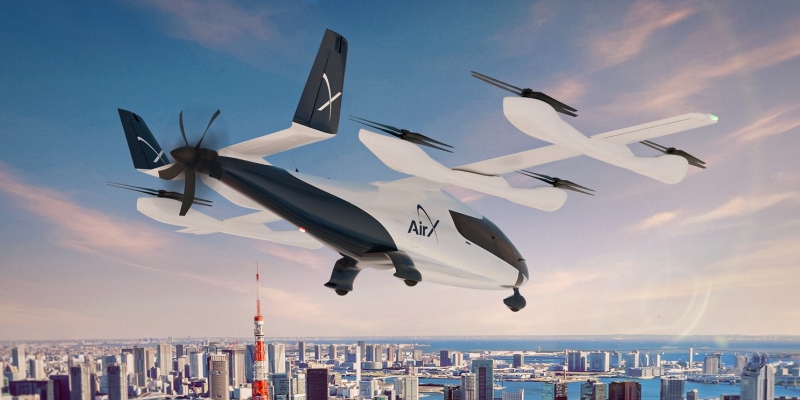The Faculty of Sciences Ain Chock of the University Hassan II Casablanca, Morocco, is organising the second edition of the International Congress on Remote Sensing and GIS (ICRSG), to be held from 25-27 June 2014 in Casablanca. The event will be an opportunity for a large number of national and international researchers to discuss and exchange knowledge and expertise in the field of GIS and remote sensing.
Interest in spatial technology has continued to grow in Morocco ever since GIS and remote sensing were introduced as subjects at Moroccan universities. Various scientific events are organised at the national level which support the monitoring and development of the technology and its uptake by various user groups. The first platform for debate, discussion and knowledge exchange in the field of GIS in Morocco was the International Conference on GIS held on 20 and 21 May 2010. Called ‘SIGGT’, the event was organised by the Faculty of Sciences Ain Chock of the University Hassan II Casablanca in collaboration with the National Fisheries Research Institute (NHRI) and Hassania School of Public Works (EHTP). Further scientific events have been organised by other Moroccan universities since then.
Territorial Governance
 While the first edition of this congress set the objective of identifying the various types of expertise in GIS and reflecting on the development of a platform for dialogue and collaboration among researchers and socio-economic operators, the second edition will be based on the theme of ‘GIS and Remote Sensing in the Service of Territorial Governance’. The main goal of this scientific gathering is to disseminate knowledge and to share application-related expertise and experiences in geospatial sciences. It also aims to capitalise on all the experience gained in recent years in GIS and remote sensing both locally and globally, and to explore the possibilities for using GIS and remote sensing not only as a tool for decision-making but also for territorial governance.
While the first edition of this congress set the objective of identifying the various types of expertise in GIS and reflecting on the development of a platform for dialogue and collaboration among researchers and socio-economic operators, the second edition will be based on the theme of ‘GIS and Remote Sensing in the Service of Territorial Governance’. The main goal of this scientific gathering is to disseminate knowledge and to share application-related expertise and experiences in geospatial sciences. It also aims to capitalise on all the experience gained in recent years in GIS and remote sensing both locally and globally, and to explore the possibilities for using GIS and remote sensing not only as a tool for decision-making but also for territorial governance.
In order to enrich this scientific debate, eight major conferences will be scheduled featuring keynote speakers from all four corners of the world. Some of them will discuss the use of spatial technology in climate change, while others will debate how to use GIS and remote sensing in fishery. The legal framework of spatial data will also be covered.
’24 Hours GIS’
Other activities will run in parallel to the congress including an exhibition in the hall of the university library featuring stands by a large number of public and private companies working in the GIS and remote sensing field. A competition called ‘24 Hours GIS’ will also be organised, focusing on a topic related to territorial issues. Competitors will be required to go for 24 hours without sleep, and the contest will allow participants to discover and/or demonstrate their competency in the field of Geographic Information. The best project will receive a prize.
For more information see the ICRSG website.






